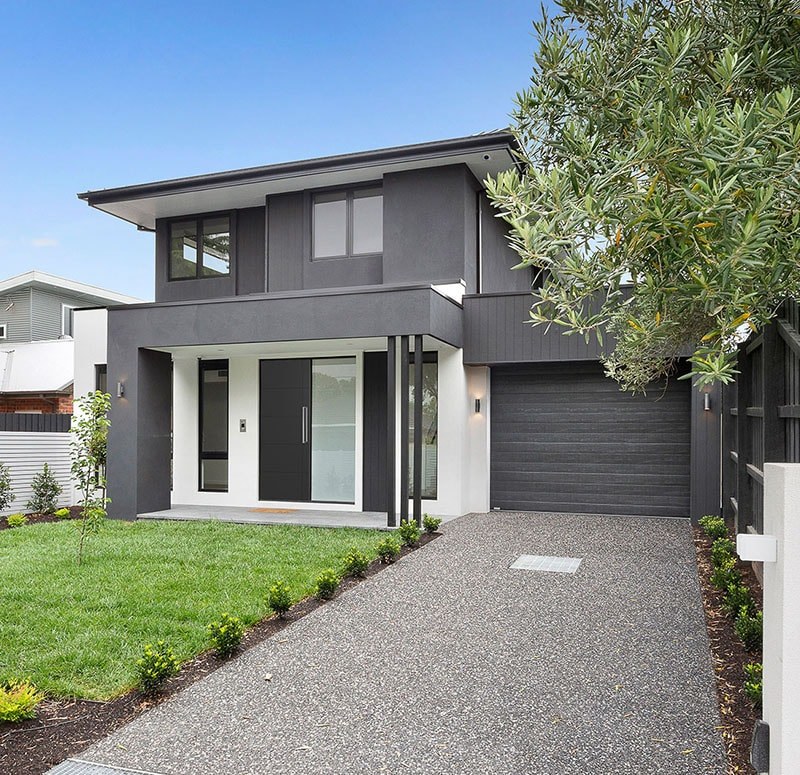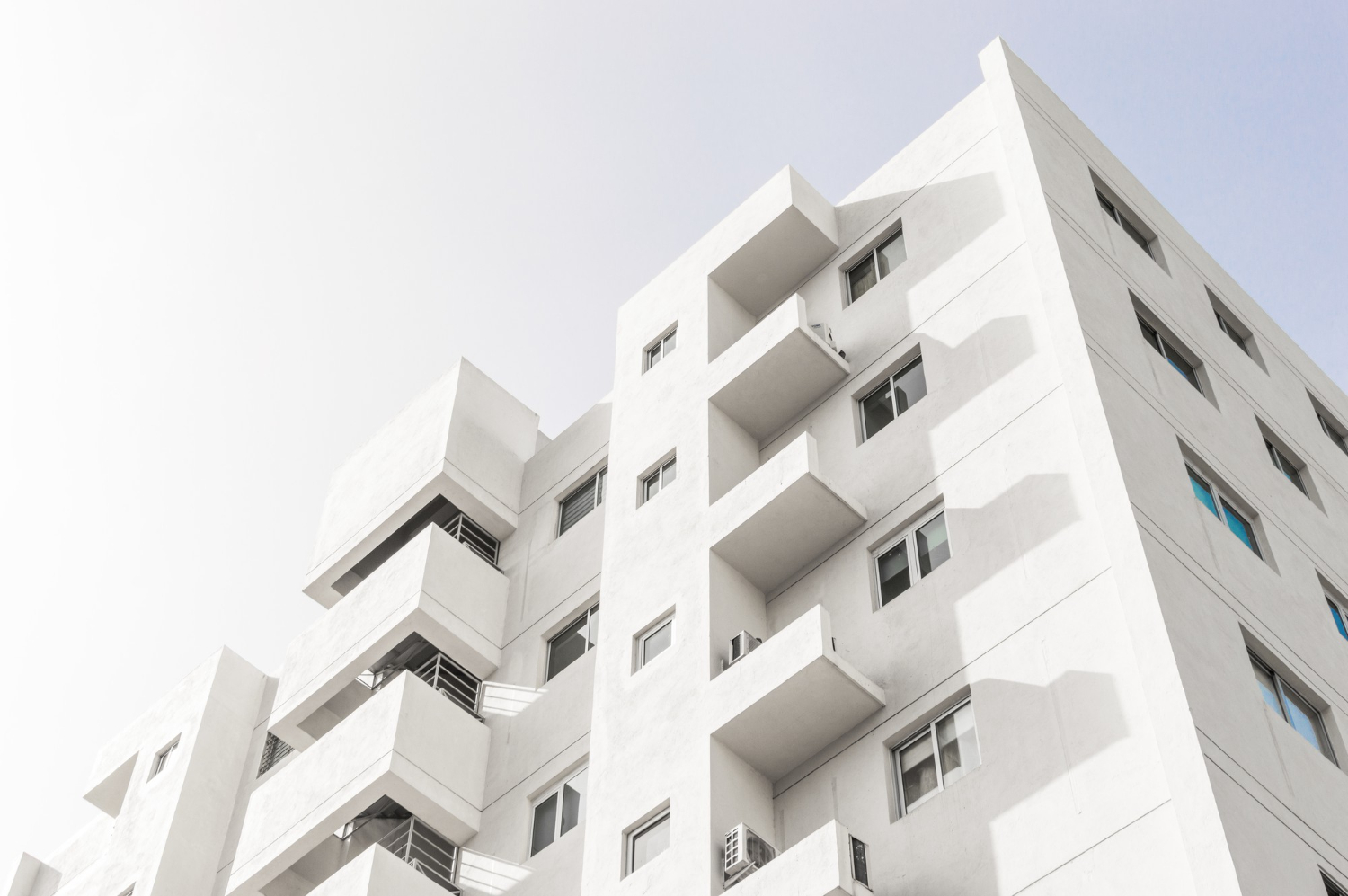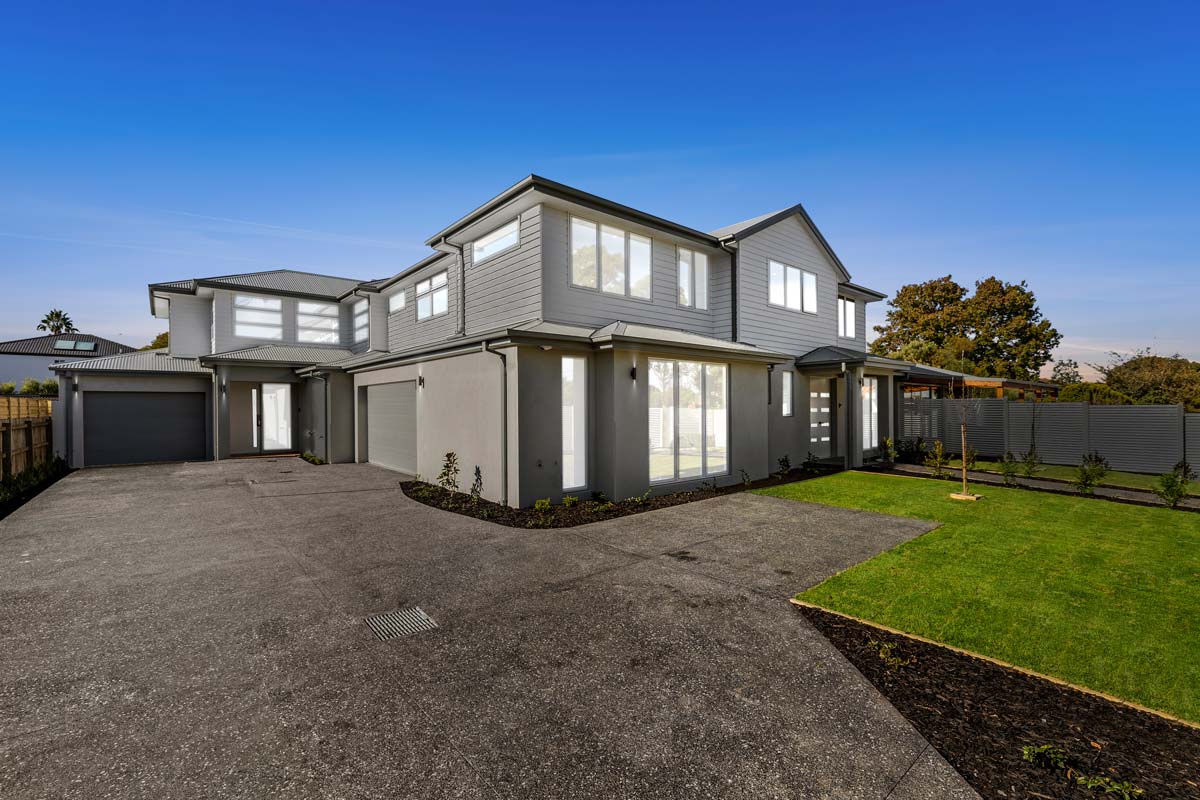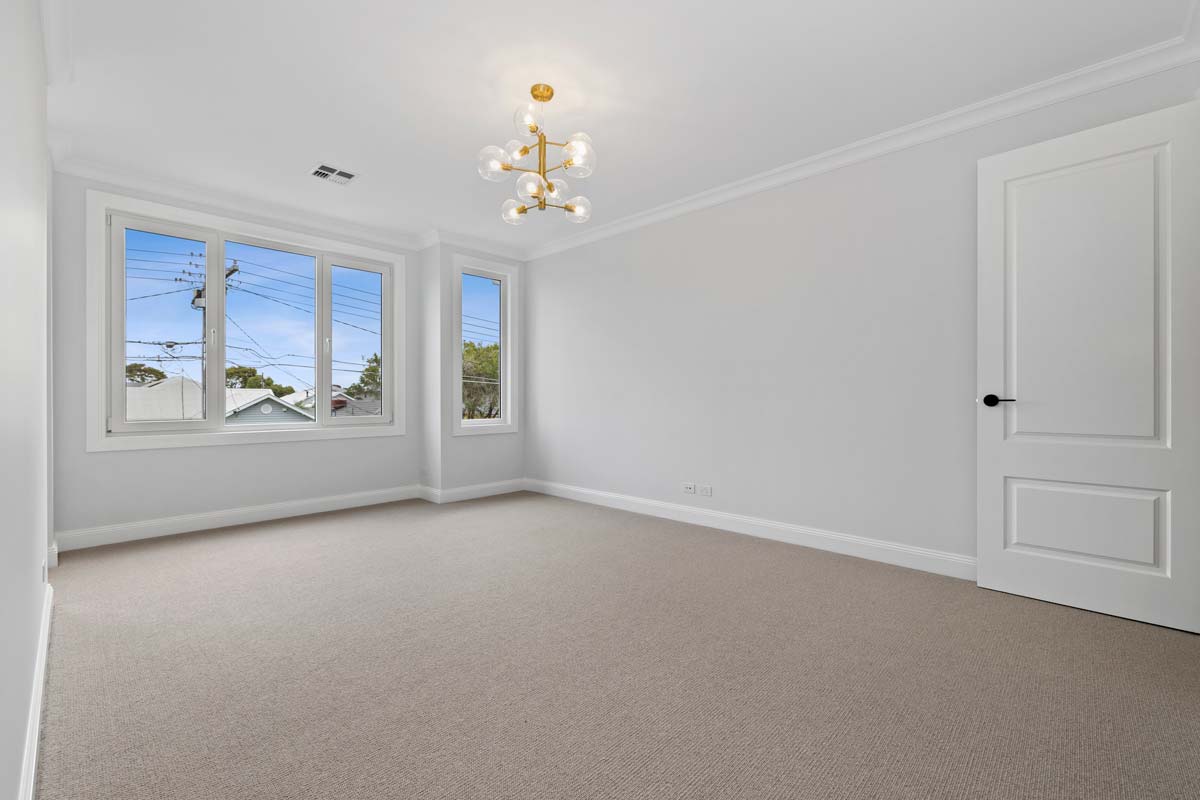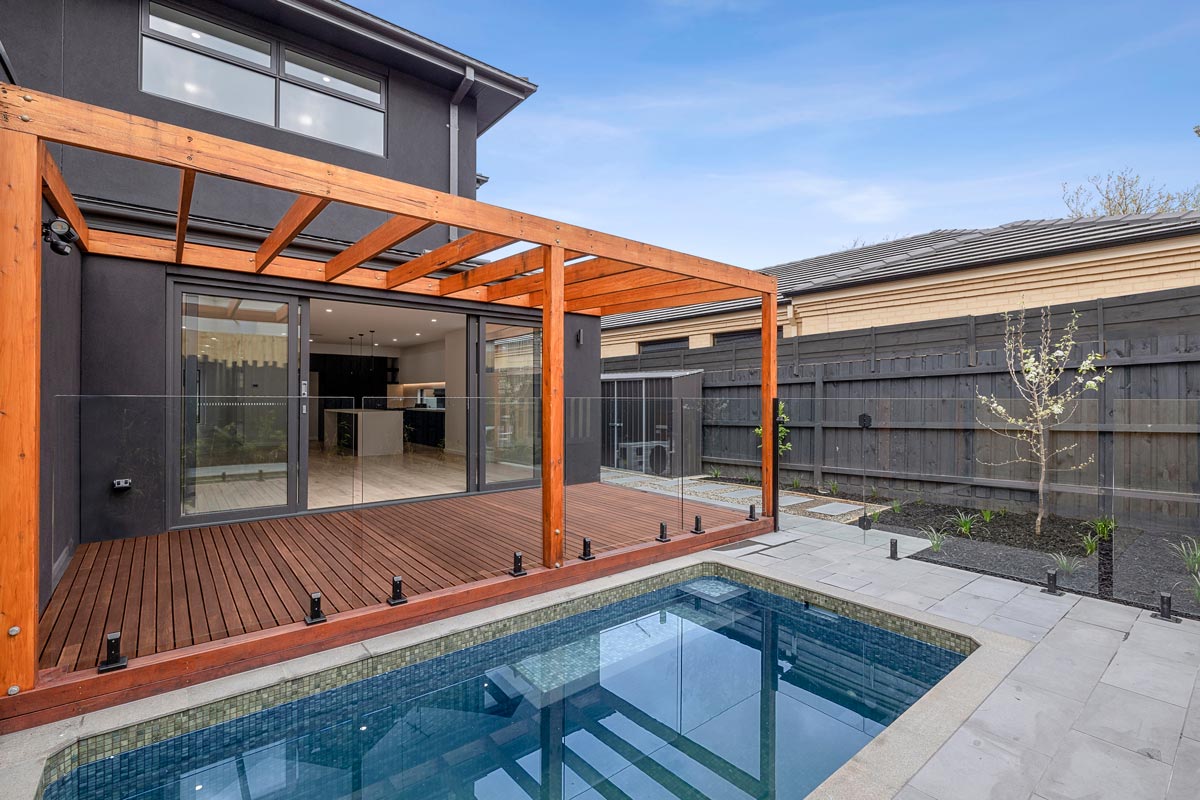Many people wish they could one day construct their own house. The construction of a house, while rewarding, is not without its difficulties.
To finish on time and under budget, your home construction project requires careful planning.
This article will serve as an all-inclusive manual for getting ready to construct a house.
Everything from figuring out how much money you can afford to spend, finding a professional builder, designing your home, getting the necessary permits and approvals, preparing the site, overseeing the building process, and beyond.
The goal of this article is to arm you with knowledge so that you can make smart choices throughout the home-building process.
The Importance Of Planning Ahead Of Time When Building A House
With careful preparation, building a home may be as satisfying as exciting. There are several reasons why planning is essential before beginning construction on any new house, whether it's your future home or not.
This article will discuss the value of pre-construction planning to reduce construction-related hassles and costs.
Avoid Making Expensive Mistakes
Planning can help you save thousands of dollars in construction errors. Planning will help you determine the scope and cost of your home construction project. In this way, you won't have to worry about blowing your budget on avoidable mistakes.
You and your builder, as well as the architect, can head off any problems with your new home before they even start by doing some pre-construction planning. This can help you avoid future expenses and hassles.
Maintain Your Budget
Planning can help you stick to your budget, which is another reason to do so before constructing your home. If you have a strategy, you'll know exactly what you can and cannot afford.
As a result, you can decide what's most important to you and how to spend your money. With a fixed spending limit in mind, you and your builder or architect can make well-informed decisions to keep costs down.
Purchase The House Of Your Dreams
A strategic plan before constructing your home also provides you with a chance to get the ideal residence. Building a house to your exact specifications is possible with the help of a professional builder or architect.
By putting in the time and effort to plan, you can ensure that your future home has all the rooms, features, and amenities important to you. You will have a home you will enjoy for many years if you follow these steps.
Ensure High-Quality Building
Finally, careful preparation before building can improve the durability of the structure. You can guarantee the quality of the work done on your building by working with your builder or interior designer to create a detailed plan.
This way, users can save money in the long run by avoiding problems like shoddy work, low-quality materials, and oversights during construction.
To sum up, a successful housing construction project requires careful planning beforehand. You can finally relax in your new home knowing that you did everything possible to prevent unnecessary expenses, stick to your budget, get the ideal home, and construct it properly.
Plan your new construction successfully, hire seasoned experts, and relish every step of the way as you create your dream home.
Proactive Steps You Can Take Right Now To Prepare For A New Home Construction
Here are some steps to take before making a significant financial commitment if you're ready to begin planning for a new home.
Find Out About Home Designs And Floor Plans That You Like.
- Embrace the open concept.
- Consider how many books you'd like to read.
- Think about whether you'd prefer a crawlspace, basement, or slab.
- Decide on the number and types of rooms required.
Think About How Many People There Will Be At Different Stages Of Their Lives.
- Determine the square footage of the house you'll need.
- Choose a specific architectural fashion that you like.
- Consider the needs of you and your loved ones, now and for decades to come.
Learn About Universal Design, Aging-In-Place, Accessibility, and Child And Senior Adult Safety.
Consider what features you'd like to see in the final product.
- Roomy passageways.
- Bathrooms that are easily accessible.
- Roll-in or walker-accessible showers.
- Protecting against falls.
Think About Multi-Generational Living In A Big Family Home.
Maybe you and your spouse want to pool your resources to build a mansion large enough to accommodate your grown children, grandchildren, and in-laws.
- Find out what each member of the family stands to gain and lose by doing this research.
- Think about a variety of design options and housing configurations.
- Think about what is best for everyone in the household.
- If multiple generations of adults contribute money, they should all be able to weigh in on the plan.
Create A Family-Friendly Budget.
- Reduce your current outlays immediately.
- Start putting away money now for the down payment.
Think About How Easy It Will Be To Sell Your Custom-Built Home In The Future.
- Keep in mind that if you plan on selling your house someday, it could be easier if it is more conventional rather than highly specialised.
Find Property Online.
- Fortunately, the internet allows you to do a lot of research and constrict your options.
If You Intend To Buy Your Lot, First Interview Realtors.
- Helping you choose the best lot is a good real estate agent who specialises in the area.
Consult With Potential Architects.
- Before hiring an architect and a designer, it is important to research their previous projects and get references from satisfied clients.
Contact A Local Custom Builder.
- Learn when they have free time.
- Please find out how they do what they do.
- Please inquire about the challenges they anticipate encountering.
- Inquire for advice and recommendations on what tasks you can complete immediately without breaking your budget or schedule.
Prepare Your Family For A Realistic Timeline And The Stress Of Building A New Home.
- Think about how time, money, and emotions are affecting your family.
- Discuss whether or not you feel comfortable with the time frame.
- Start working on your interpersonal skills now to improve your family's ability to communicate and cope with stress.
- Learn how to deal with the strain of home construction by reading up on the topic.
You can start figuring out exactly what features you want and don't want in your ideal home, even if you can't commit to buying one just yet. You can also prepare the groundwork for future house construction by doing extensive research and planning.
Understand some ng The Costs Of Building A House.
Some of the most important things to budget for when constructing a house are as follows:
- Expenses related to the land, such as paperwork, appraisals, soil tests, and any incline corrections.
- Prices for all phases of construction, from planning and design to demolition, excavation, drainage, and earthwork
- The price of making the house flood- and fireproof
- Expenses for design and construction. Copyright costs may also be incurred if the builder or developer does not own the house blueprints.
- Legal fees, registration costs, and other governmental charges, such as stamp duty or transfer taxes.
- Laws requiring environmentally friendly features like rain barrels
- Property, liability, and mortgage insurance
- Utilities like water, sewage, electricity, and broadband internet connection and transfer
- Always-Applicable Strata Charges, Taxes, and Assessments
- Closing costs, monthly interest payments, and any other fees involved with paying off your mortgage.
- Your home's amenities, such as the plumbing, electrical, heating, air-conditioning, and appliance systems
- Painting, furniture, flooring, landscaping, driveways, paving, window coverings, and other finishing touches.
- Costs associated with traffic delays or road closures during construction
- When your land is in a particularly inconvenient geographical spot, you may have to pay more for it.
- You may wish to rent a place to stay while your new home is being constructed.
Determining Your Budget For Home Construction
The first step in creating a home construction budget is determining the maximum cost of the house you intend to construct. Tim from Investment Properties has a more pertinent enquiry: how expensive of a house can you afford to construct? You probably want the largest possible house within your budget.
Alternatively, you may be capable of paying for a much larger house than you require. Every person's predicament is different. Most people are suspicious that they can't afford to spend as much as they'd like to.
If you want the maximum amount possible but have no idea how much that is, you should backwards-calculate from the desired outcome.
To put it another way, calculate how much of an initial down payment you can make and what you can afford to pay each month towards repaying any loans you need.
Formulas For Qualification
It's not hard to calculate how much house you can afford. It's a common practice among lenders and realtors. A "lender" can provide financial assistance, including a bank, savings and loan, insurance company, credit union, family member, or friend.
Qualifying formulas are used by lenders to figure out how much of a monthly payment you can reasonably make. Each financial institution may use a slightly different formula, but typically they look at your monthly income and debt payments.
Depending on how much of the home's cost you plan to borrow (80%, 90%, 95%? ), the number you get when you divide your payments (house payment, auto loan, credit cards, etc. - not utility services, cooking, entertainment) by your total monthly income should not exceed.33 to.36.
The standard rule of thumb is that a person's monthly house payment shouldn't exceed 25% of their monthly income.
The PITI
These qualifying calculations are based on a monthly mortgage payment that includes principal, interest, taxes, and insurance (PITI). Each mortgage payment will pay down the principal balance (the amount originally borrowed). The interest accrued on your outstanding balance from the previous month will also be deducted. The remaining two points are briefly covered below.
The Taxes
You must pay property taxes and the principal and interest on the loan. The city, the region, and sometimes the local board of education collect these. The annual tax payment is expected. Depending on your location, this can add up to a high cost.
If you fail to pay your real estate taxes, the government can confiscate and sell your property. Lenders are looking to the property for its ultimate security to ensure repayment of the loan used to purchase the home.
How may the bank recoup its losses from a tax default foreclosure (government seizure and sale)? Lenders typically require monthly payments of principal, interest, and an estimated portion of the annual tax bill to safeguard their investment.
These funds are held in an "escrow" account until the agreement is fulfilled. Lenders typically keep a portion of your annual mortgage payment in an escrow account until the end of the property year, when they use the money to cover your property tax bill. Lenders can rest easy knowing that taxes are up to date.
The Insurance
Financial institutions are concerned that something might happen to the property that would reduce its value and threaten the security of its investment. A tornado, a fire, or a falling tree are all examples of such events.
Lenders typically require homeowners to have insurance if their property sustains accidental damage. Like a tax escrow described above, many lenders will require that now the premium for this insurance be paid through an escrow account.
Most affordability calculators consider principal, interest, taxes, & insurance when figuring out how many mansions you can afford. Some models incorporate home maintenance costs (such as replacing damaged or worn items, painting, etc.) and income taxes in addition to PITI.
Conclusion
This article will provide an all-inclusive manual for getting ready to construct a house. It will discuss the importance of pre-construction planning to reduce construction-related hassles and costs, avoid making expensive mistakes, maintain your budget, and purchase the house of your dreams. Pre-construction planning can help you save thousands of dollars in construction errors, avoid making expensive mistakes, maintain your budget, and purchase the house of your dreams. It can also help you decide what's most important to you and how to spend your money, and ensure that your future home has all the rooms, features, and amenities important to you. The goal of this article is to arm you with knowledge so that you can make smart choices throughout the home-building process.
The most important details in this text are the steps to prepare for a new home construction. These steps include finding out about home designs and floor plans that you like, embracing the open concept, considering how many books you'd like to read, choosing a crawlspace, basement, or slab, determining the number and types of rooms required, determining the square footage of the house, learning about Universal Design, Aging-In-Place, Accessibility, and Child And Senior Adult Safety, and creating a family-friendly budget. Additionally, it is important to consider multi-generational living in a big family home, creating a family-friendly budget, and putting away money now for the down payment. Finally, it is important to consider how easy it will be to sell your custom-built home in the future. The most important details in this text are to find property online, interview realtors, consult with potential architects, contact a local custom builder, prepare family for a realistic timeline and stress of building a new home, understand the costs of building a house, and prepare the groundwork for future house construction.
It is important to consider how time, money, and emotions are affecting the family and to start working on interpersonal skills now to improve their ability to communicate and cope with stress. It is also important to understand the costs of building a house and to prepare the groundwork for future house construction by doing extensive research and planning. The most important details in this text are the expenses associated with home construction. These include expenses related to the land, such as paperwork, appraisals, soil tests, and any incline corrections, prices for all phases of construction, the price of making the house flood- and fireproof, expenses for design and construction, copyright costs, legal fees, registration costs, and other governmental charges, laws requiring environmentally friendly features, property, liability, and mortgage insurance, utilities like water, sewage, electricity, and broadband internet connection and transfer, always-Applicable Strata Charges, Taxes, and Assessments, closing costs, monthly interest payments, and any other fees involved with paying off your mortgage, and your home's amenities, such as the plumbing, electrical, heating, air-conditioning, and appliance systems. It is important to backwards-calculate from the desired outcome to determine how much house you can afford.
Qualifying formulas are used by lenders to figure out how much of a monthly payment you can reasonably make. The standard rule of thumb is that a person's monthly house payment should not exceed 25% of their monthly income. The PITI calculations are based on a monthly mortgage payment that includes principal, interest, taxes, and insurance (PITI). The taxes are expected to be paid by the city, region, and local board of education, and the annual tax payment can add up to a high cost. If the taxpayer fails to pay their real estate taxes, the government can confiscate and sell the property, and the bank may have to recoup its losses from a tax default foreclosure.
Lenders typically require monthly payments of principal, interest, and an estimated portion of the annual tax bill to safeguard their investment. This money is held in an escrow account until the end of the property year, when it is used to cover the property tax bill. Insurance is also required if the property sustains accidental damage. Affordability calculators consider principal, interest, taxes, & insurance when figuring out how many mansions you can afford. Some models incorporate home maintenance costs and income taxes in addition to PITI.
Content Summary:
- Many people wish they could one day construct their own house.
- The construction of a house, while rewarding, is not without its difficulties.
- To finish on time and under budget, your home construction project requires careful planning.
- This article will serve as an all-inclusive manual for getting ready to construct a house.
- Everything from figuring out how much money you can afford to spend, finding a professional builder, designing your home, getting the necessary permits and approvals, preparing the site, overseeing the building process, and beyond.
- The goal of this article is to arm you with knowledge so that you can make smart choices throughout the home-building process.
- With careful preparation, building a home may be as satisfying as exciting.
- There are several reasons why planning is essential before beginning construction on any new house, whether it's your future home or not.
- This article will discuss the value of pre-construction planning to reduce construction-related hassles and costs.
- Planning can help you save thousands of dollars in construction errors.
- Planning will help you determine the scope and cost of your home construction project.
- In this way, you won't have to worry about blowing your budget on avoidable mistakes.
- You and your builder, as well as the architect, can head off any problems with your new home before they even start by doing some pre-construction planning.
- This can help you avoid future expenses and hassles.
- Planning can help you stick to your budget, which is another reason to do so before constructing your home.
- If you have a strategy, you'll know exactly what you can and cannot afford.
- As a result, you can decide what's most important to you and how to spend your money.
- With a fixed spending limit in mind, you and your builder or architect can make well-informed decisions to keep costs down.
- A strategic plan before constructing your home also provides you with a chance to get the ideal residence.
- Building a house to your exact specifications is possible with the help of a professional builder or architect.
- Finally, careful preparation before building can improve the durability of the structure.
- You can guarantee the quality of the work done on your building by working with your builder or interior designer to create a detailed plan.
- This way, users can save money in the long run by avoiding problems like shoddy work, low-quality materials, and oversights during construction.
- To sum up, a successful housing construction project requires careful planning beforehand.
- You can finally relax in your new home knowing that you did everything possible to prevent unnecessary expenses, stick to your budget, get the ideal home, and construct it properly.
- Plan your new construction successfully, hire seasoned experts, and relish every step of the way as you create your dream home.
- Here are some steps to take before making a significant financial commitment if you're ready to begin planning for a new home.
- Think about whether you'd prefer a crawlspace, basement, or slab.
- Decide on the number and types of rooms required.
- Determine the square footage of the house you'll need.
- Choose a specific architectural fashion that you like.
- Consider the needs of you and your loved ones, now and for decades to come.
- Learn About Universal Design, Aging-In-Place, Accessibility, and Child And Senior Adult Safety.
- Consider what features you'd like to see in the final product.
- Roomy passageways.
- Bathrooms that are easily accessible.
- Roll-in or walker-accessible showers.
- Protecting against falls.
- Maybe you and your spouse want to pool your resources to build a mansion large enough to accommodate your grown children, grandchildren, and in-laws.
- Find out what each member of the family stands to gain and lose by doing this research.
- Keep in mind that if you plan on selling your house someday, it could be easier if it is more conventional rather than highly specialised.
- Fortunately, the internet allows you to do a lot of research and constrict your options.
- Helping you choose the best lot is a good real estate agent who specialises in the area.
- Before hiring an architect and a designer, it is important to research their previous projects and get references from satisfied clients.
- Learn when they have free time.
- Please find out how they do what they do.
- Please inquire about the challenges they anticipate encountering.
- Inquire for advice and recommendations on what tasks you can complete immediately without breaking your budget or schedule.
- Think about how time, money, and emotions are affecting your family.
- Discuss whether or not you feel comfortable with the time frame.
- Start working on your interpersonal skills now to improve your family's ability to communicate and cope with stress.
- Learn how to deal with the strain of home construction by reading up on the topic.
- You can start figuring out exactly what features you want and don't want in your ideal home, even if you can't commit to buying one just yet.
- You can also prepare the groundwork for future house construction by doing extensive research and planning.
- Expenses related to the land, such as paperwork, appraisals, soil tests, and any incline corrections.
- Prices for all phases of construction, from planning and design to demolition, excavation, drainage, and earthwork
- The price of making the house flood- and fireproof Expenses for design and construction.
- Copyright costs may also be incurred if the builder or developer does not own the house blueprints.
- Legal fees, registration costs, and other governmental charges, such as stamp duty or transfer taxes.
- Your home's amenities, such as the plumbing, electrical, heating, air-conditioning, and appliance systems Painting, furniture, flooring, landscaping, driveways, paving, window coverings, and other finishing touches.
- Costs associated with traffic delays or road closures during construction When your land is in a particularly inconvenient geographical spot, you may have to pay more for it.
- You may wish to rent a place to stay while your new home is being constructed.
- The first step in creating a home construction budget is determining the maximum cost of the house you intend to construct.
- Properties has a more pertinent enquiry: how expensive of a house can you afford to construct?
- You probably want the largest possible house within your budget.
- Alternatively, you may be capable of paying for a much larger house than you require.
- Every person's predicament is different.
- Most people are suspicious that they can't afford to spend as much as they'd like to.
- If you want the maximum amount possible but have no idea how much that is, you should backwards-calculate from the desired outcome.
- To put it another way, calculate how much of an initial down payment you can make and what you can afford to pay each month towards repaying any loans you need.
- It's not hard to calculate how much house you can afford.
- Depending on how much of the home's cost you plan to borrow (80%, 90%, 95%?),
- the number you get when you divide your payments (house payment, auto loan, credit cards, etc. -
- not utility services, cooking, entertainment) by your total monthly income should not exceed.33 to.36.
- The standard rule of thumb is that a person's monthly house payment shouldn't exceed 25% of their monthly income.
- The PITI These qualifying calculations are based on a monthly mortgage payment that includes principal, interest, taxes, and insurance (PITI).
- Each mortgage payment will pay down the principal balance (the amount originally borrowed).
- The interest accrued on your outstanding balance from the previous month will also be deducted.
- The remaining two points are briefly covered below.
- The Taxes You must pay property taxes and the principal and interest on the loan.
- The city, the region, and sometimes the local board of education collect these.
- The annual tax payment is expected.
- Depending on your location, this can add up to a high cost.
- If you fail to pay your real estate taxes, the government can confiscate and sell your property.
- Lenders are looking to the property for its ultimate security to ensure repayment of the loan used to purchase the home.
- How may the bank recoup its losses from a tax default foreclosure (government seizure and sale)?
- Lenders typically require monthly payments of principal, interest, and an estimated portion of the annual tax bill to safeguard their investment.
- These funds are held in an "escrow" account until the agreement is fulfilled.
- Lenders typically keep a portion of your annual mortgage payment in an escrow account until the end of the property year, when they use the money to cover your property tax bill.
- Lenders can rest easy knowing that taxes are up to date.
- The Insurance Financial institutions are concerned that something might happen to the property that would reduce its value and threaten the security of its investment.
- A tornado, a fire, or a falling tree are all examples of such events.
- Lenders typically require homeowners to have insurance if their property sustains accidental damage.
- Like a tax escrow described above, many lenders will require that now the premium for this insurance be paid through an escrow account.
- Most affordability calculators consider principal, interest, taxes, & insurance when figuring out how many mansions you can afford.
Frequently Asked Questions About Home Building
What to do first before building a house?
You (and any pros you hire) must investigate factors such as soil condition, drainage, zoning, and building codes in the region. Costs will be higher if your house design needs to be customised to fit the lot. If the house can be built on the lot using stock blueprints, it will help your budget.
What do I need to plan before building a house?
Here are the five things you should consider before building your dream house
- Budgeting the expected cost.
- Getting the right location.
- Designing and building your dream house.
- Choosing a quality contractor or house builder.
- Picking the right materials.
How do I prepare to design a house?
6 Steps To Design Your Home:
- Determine your budget for designing a home.
- Think about house placement.
- Match your home to your lifestyle.
- Choose the style of your home.
- Write a brief for the architect.
- Create your floor plans.
What is the first thing to do when constructing a building?
Conception (aka planning and development) Planning and development, sometimes called project conception, is the beginning of the construction process. This is when a client dreams up the building or facility they want.
What to consider before building?
Things to Consider Before You Build
- Choosing the right Architect to help with the Design.
- Make sure your project has the right amount of details.
- Have your finances in place.
- Have a realistic budget.
- Know thy neighbours.
- Always do your research.
- Selecting the right Builder.
- Enjoy the experience.

